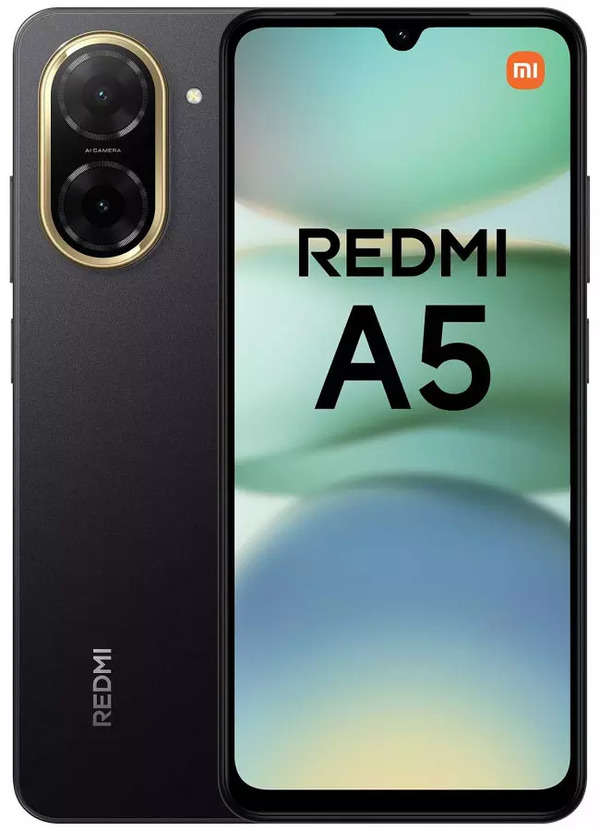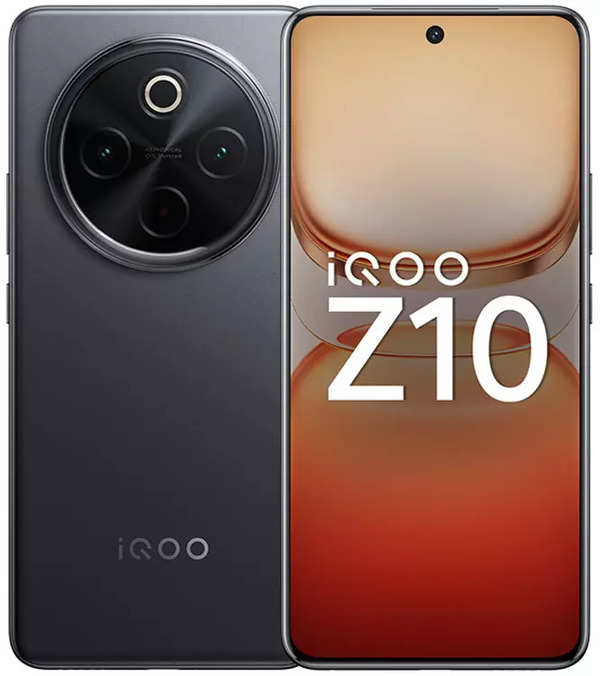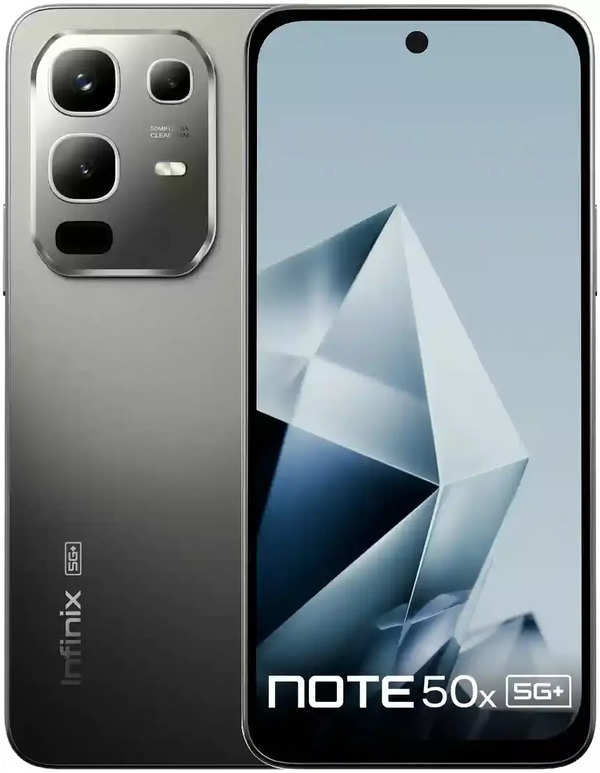- News
- Technology News
- Tech News
- Mark Zuckerberg defends Meta’s Instagram and WhatsApp acquisitions in antitrust trial
Trending
Mark Zuckerberg defends Meta’s Instagram and WhatsApp acquisitions in antitrust trial
Mark Zuckerberg, Meta CEO, defended the Instagram and WhatsApp acquisitions in a U.S. antitrust trial. The FTC alleges Meta eliminated competition by buying potential rivals. Zuckerberg argued the acquisitions were innovation-driven. Meta claims strong competition exists from TikTok and others. The FTC seeks to force Meta to divest Instagram and WhatsApp.
Meta CEO Mark Zuckerberg took the stand in a high-stakes U.S. antitrust trial, defending his company’s acquisitions of Instagram and WhatsApp against allegations that they were intended to eliminate competition. The Federal Trade Commission (FTC) has accused Meta of monopolising the social media market by acquiring potential rivals instead of competing with them.
FTC’s case against Meta
FTC attorney Daniel Matheson stated, “They decided that competition is too hard and it would be easier to buy out their rivals than to compete with them.” The lawsuit seeks to force Meta to divest Instagram and WhatsApp, potentially reshaping the company’s business structure.
Poll
Do you believe that large tech companies should be more closely regulated?
Mark Zuckerberg defense
Meta’s legal team also challenged the FTC’s claims, arguing that the company faces strong competition from platforms like TikTok, Snapchat, YouTube, and Apple’s iMessage. They contended that Meta’s apps remain free for users and that the company’s market dominance does not equate to an illegal monopoly.
The case represents one of the most significant antitrust challenges against Big Tech in recent years. If the FTC succeeds, Meta could be forced to break apart its business, setting a precedent for future tech mergers and acquisitions.
End of Article
Latest Mobiles
FOLLOW US ON SOCIAL MEDIA




















